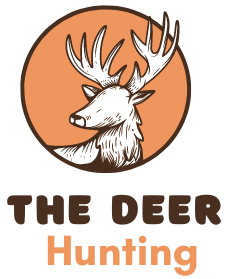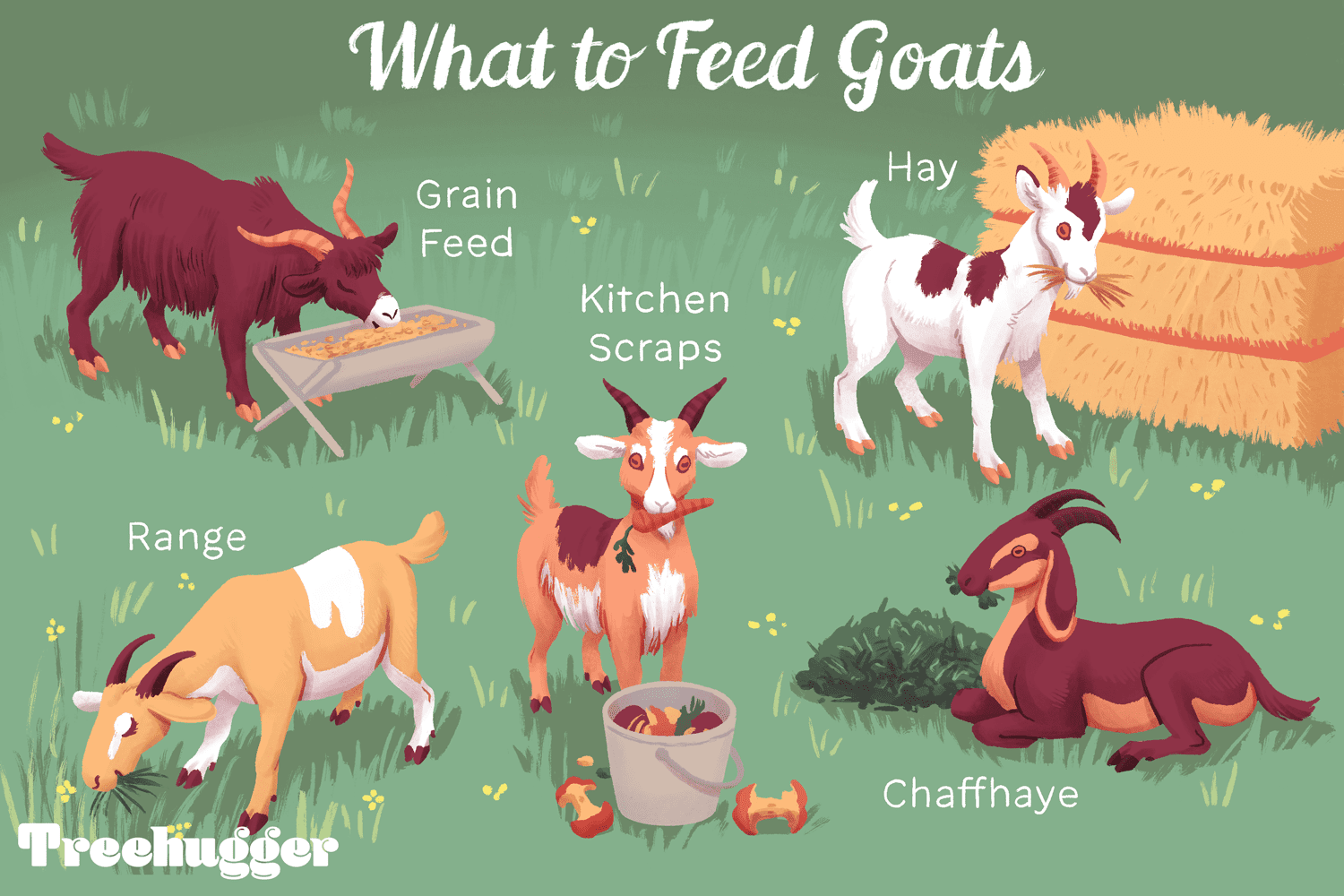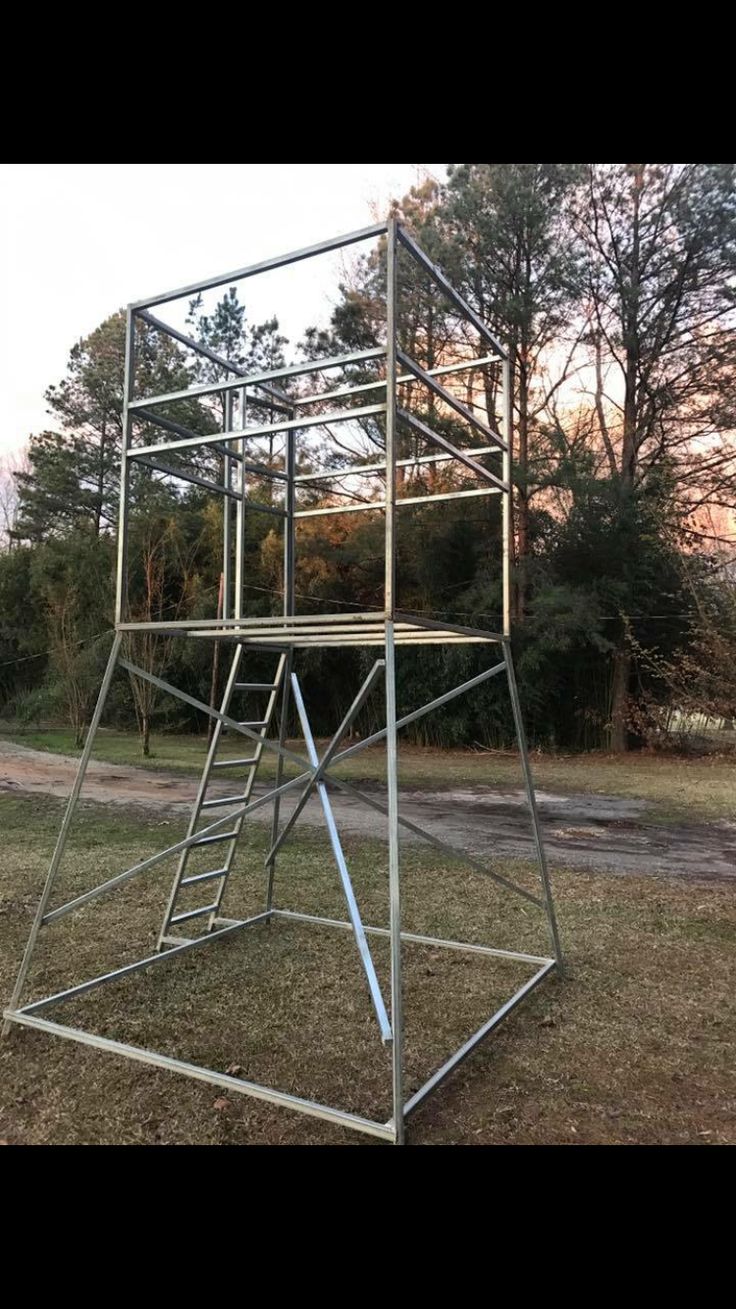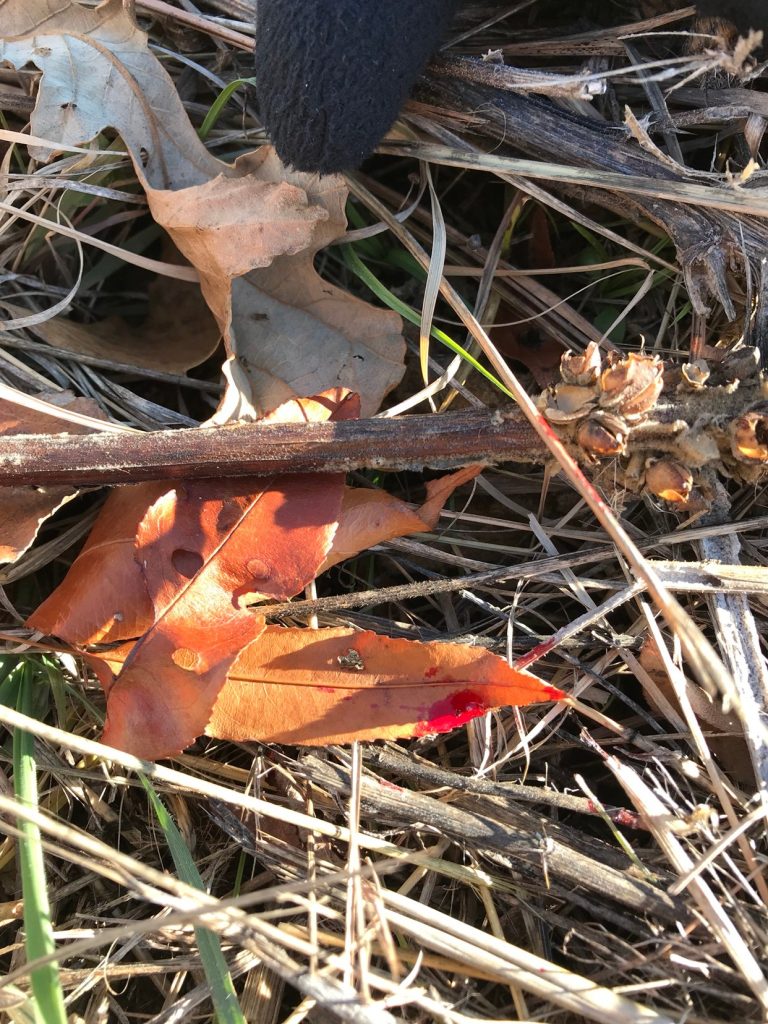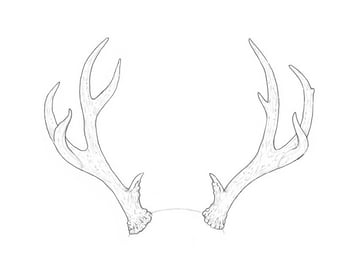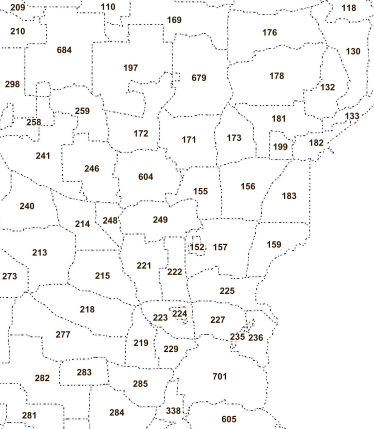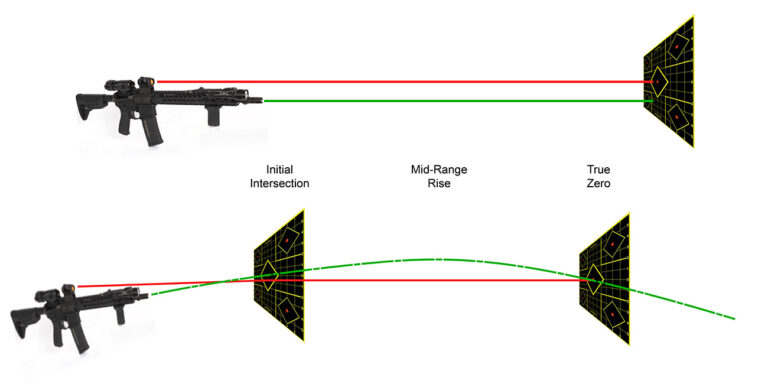Can Goats Eat Deer Corn? Discover the Surprising Truth
Goats should not eat deer corn regularly. While they can eat it occasionally, it’s not the best choice for their diet.
Goats are curious animals and often nibble on various foods. Deer corn might seem like an easy option, especially if you have both deer and goats on your property. However, there are better feeds for goats. Corn lacks some essential nutrients that goats need to stay healthy.
A balanced diet is crucial for their growth and well-being. We’ll explore why deer corn isn’t ideal for goats and what alternatives you can consider to keep your goats healthy and happy.
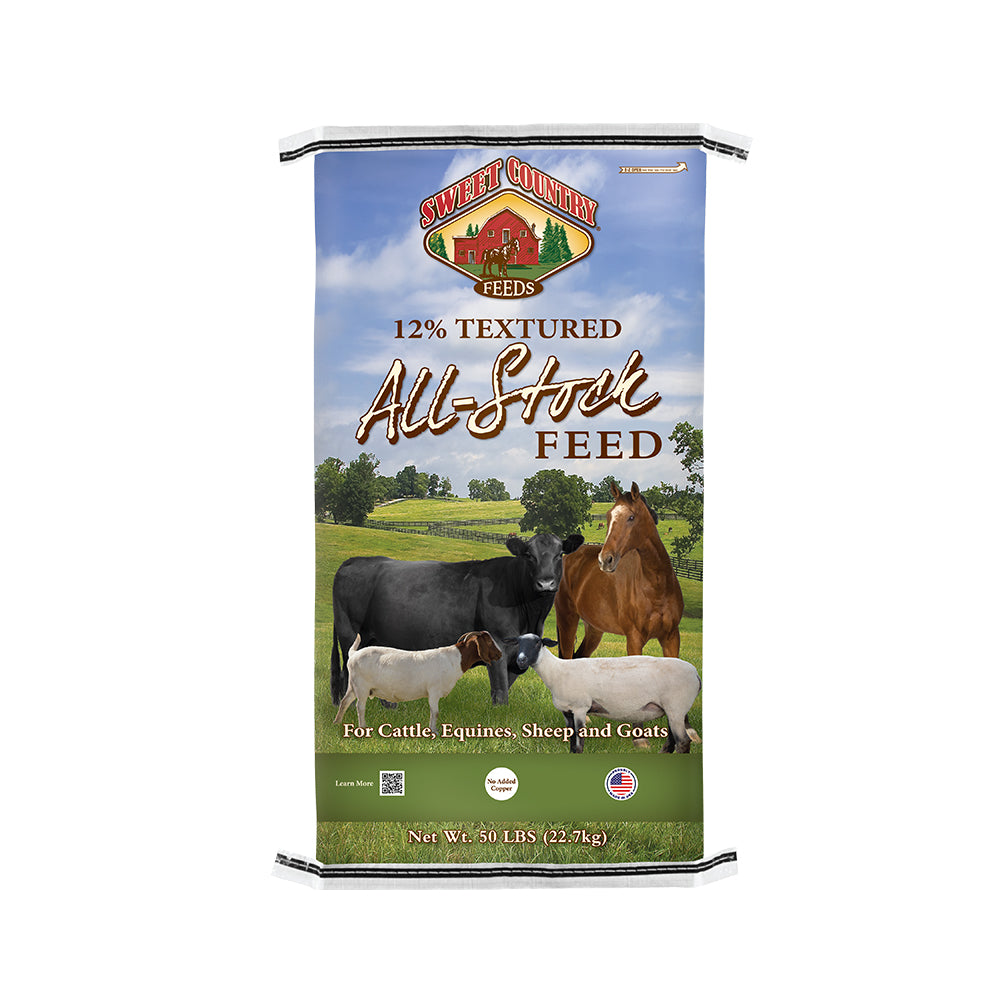
Credit: www.kalmbachfeeds.com
Introduction To Goat Diet
Understanding what goats eat is essential for their health. Goats have specific dietary needs. This guide will help you know what goats can safely eat.
Common Foods For Goats
Goats enjoy a variety of foods. They are natural foragers and love to graze. Here are some common foods goats eat:
- Grass
- Hay
- Leaves
- Fruits
- Vegetables
Nutritional Needs
Goats need a balanced diet to stay healthy. Their diet should include:
| Type | Examples | Nutrients |
|---|---|---|
| Forage | Grass, Hay | Fiber, Protein |
| Grains | Oats, Barley | Carbohydrates |
| Fruits | Apples, Bananas | Vitamins, Minerals |
| Vegetables | Carrots, Spinach | Vitamins, Minerals |
Make sure to provide fresh water daily. Goats also need minerals and salt in their diet. Use a mineral block or loose minerals.
Deer corn is another topic to consider. Can goats eat it? We will explore this further in the blog.
What Is Deer Corn?
Deer corn is a type of feed specifically designed for deer. It is popular among hunters and wildlife enthusiasts. It is easy to spread in a feeding area. Deer corn is known for its ability to attract deer due to its taste and nutritional value. But what exactly is deer corn made of? Let’s explore its composition and uses.
Composition Of Deer Corn
Deer corn typically consists of whole-kernel corn. It is often dried to extend its shelf life. The kernels are usually yellow and slightly larger than sweet corn. Sometimes, additives are mixed in to enhance its appeal to deer. A typical composition might include:
- Whole-kernel corn
- Occasional protein supplements
- Added minerals
- Vitamins
Whole-kernel corn makes up the bulk of deer corn. It provides a good source of carbohydrates. This helps deer maintain their energy levels. Protein supplements and added minerals can improve the health of deer. These added nutrients are not always present in all deer corn products.
Uses Of Deer Corn
Deer corn serves multiple purposes. Here are some common uses:
- Attracting Wildlife: Hunters and wildlife photographers often use it. It attracts deer to a specific area.
- Supplemental Feeding: It provides additional nutrition during harsh weather. This is crucial during winter when natural food is scarce.
- Wildlife Management: It helps to manage deer populations. Feeding can promote healthier herds.
Deer corn is versatile. It plays an essential role in wildlife attraction and management. Understanding its composition and uses is key to utilizing it effectively. Whether you are feeding deer or attracting them for observation, deer corn is a valuable tool.
Can Goats Eat Deer Corn?
Many goat owners wonder about feeding their goats deer corn. Deer corn is a common feed for wild deer, but is it suitable for goats? This blog post explores whether goats can safely eat deer corn and what benefits or risks it might have.
Potential Benefits
Feeding goats deer corn can provide them with extra energy. Corn is high in carbohydrates. This can be useful during cold weather. It helps goats maintain their body heat. Deer corn is also easy to find. Many feed stores sell it at a low price. It can be a convenient option for goat owners.
Possible Risks
Deer corn can pose some risks to goats. It is high in starch. Too much starch can cause digestive problems in goats. This can lead to bloating or acidosis. Corn also lacks some essential nutrients. Goats need a balanced diet. Relying too much on deer corn can lead to deficiencies. Always check the quality of the corn. Moldy or spoiled corn can be harmful to goats.

Credit: www.kalmbachfeeds.com
Nutritional Comparison
Comparing the nutritional value of deer corn and goat feed is essential for goat owners. Understanding the differences helps in making informed decisions about goat diets.
Deer Corn Vs. Goat Feed
Deer corn consists mainly of whole or cracked corn kernels. It is high in carbohydrates but lacks essential nutrients. Goat feed, on the other hand, is formulated specifically for goats. It includes a mix of grains, proteins, vitamins, and minerals.
Feeding goats with deer corn can lead to nutritional deficiencies. Goat feed provides a balanced diet, promoting overall health and productivity.
Essential Nutrients
Goats need a variety of nutrients to thrive. Proteins support muscle growth and repair. Fats provide energy. Vitamins and minerals are crucial for bodily functions.
Deer corn offers limited protein and lacks many vital vitamins and minerals. Goat feed includes essential nutrients like calcium, phosphorus, and vitamin A. These nutrients support healthy bones, reproduction, and immune function.
Feeding deer corn to goats should be occasional and in small quantities. It should never replace a well-rounded goat feed.
Health Impacts On Goats
Can goats eat deer corn? It’s a common question among goat owners. While deer corn might seem like a tasty treat for goats, it has specific health impacts. Understanding these impacts ensures you keep your goats healthy and happy.
Short-term Effects
Feeding deer corn to goats can cause digestive issues in the short term. Corn is high in starch, which goats do not easily digest. This can lead to bloating and abdominal pain.
Goats have a sensitive digestive system. Eating too much corn can upset their stomachs. They might experience diarrhea or constipation. This discomfort could make them less active and less interested in food.
Another concern is the risk of choking. Corn kernels are small and hard. Goats might choke if they eat too quickly. Always monitor them while they eat corn.
Long-term Effects
Long-term consumption of deer corn can lead to more severe health problems. Corn is low in essential nutrients. A diet high in corn can cause nutritional deficiencies.
Goats need a balanced diet. Too much corn can disrupt their nutritional balance. This may lead to poor coat condition, weak bones, and reduced milk production.
Another long-term concern is weight gain. Corn is high in calories. Regular feeding can cause obesity in goats. Obesity increases the risk of other health issues like arthritis and heart problems.
| Health Impact | Short-term | Long-term |
|---|---|---|
| Digestive Issues | Bloating, abdominal pain, diarrhea | Persistent digestive problems |
| Nutritional Deficiencies | Not applicable | Poor coat, weak bones, reduced milk production |
| Weight Gain | Not applicable | Obesity, arthritis, heart problems |
| Choking Risk | High | Not applicable |
Monitoring your goat’s diet is essential. Avoid feeding them deer corn regularly. Ensure they receive a balanced diet with enough fiber and nutrients. This keeps them healthy and active.

Credit: www.facebook.com
Signs Of Nutritional Deficiency
Understanding the signs of nutritional deficiency in goats is crucial. Goats may not receive all the nutrients they need from deer corn. This can lead to health problems. It’s important to know the symptoms to ensure your goats stay healthy.
Symptoms In Goats
Here are some common symptoms of nutritional deficiency in goats:
- Weight loss: Goats may become thin and weak.
- Hair loss: Their coat may look dull and patchy.
- Reduced milk production: Nursing does may produce less milk.
- Lethargy: Goats may appear tired and less active.
- Diarrhea: A common sign of poor nutrition.
Preventive Measures
To prevent nutritional deficiencies, consider the following measures:
- Provide a balanced diet with hay, grains, and fresh water.
- Supplement their diet with minerals and vitamins.
- Ensure they have access to pasture with diverse vegetation.
- Regularly check their health and consult a vet if needed.
A balanced diet is key. Monitor your goats for any signs of deficiency. Act quickly to maintain their health.
Alternative Feed Options
Feeding goats properly ensures their health and productivity. While deer corn is not ideal, there are many alternative feed options that are healthier and more nutritious for goats. Below are some options that can help you maintain a balanced diet for your goats.
Healthy Substitutes
Goats need a variety of feeds to stay healthy. Here are some healthy substitutes:
- Hay: The most important feed. It provides fiber and nutrients.
- Grains: Oats, barley, and wheat are good choices. They offer energy and protein.
- Pellets: Specially formulated goat pellets ensure balanced nutrition.
- Vegetables: Carrots, beets, and squash are safe and nutritious.
- Fruits: Apples and pears can be given in moderation.
Balancing The Diet
A balanced diet is crucial for goat health. Consider these tips:
- Ensure a mix of fiber, protein, and minerals.
- Provide fresh water at all times.
- Limit sugary treats and high-starch foods.
- Supplement with minerals if needed.
- Monitor their weight and adjust feed as necessary.
Below is a sample balanced diet plan for goats:
| Feed Type | Quantity Per Day |
|---|---|
| Hay | 2-4 pounds |
| Grains | 0.5-1 pound |
| Pellets | 0.5-1 pound |
| Vegetables | 1-2 cups |
| Fruits | 1-2 pieces |
By offering these alternative feed options, you can ensure your goats remain healthy and well-nourished.
Best Practices For Goat Feeding
Feeding goats the right way is crucial for their health and productivity. Knowing what to feed them and how to do it can make a big difference. Deer corn is often considered for goat diets, but understanding best practices is essential.
Feeding Schedule
Goats thrive on a consistent feeding schedule. Feed them at the same times each day. This helps their digestive system work efficiently. Plan to feed them twice a day. Morning and evening are ideal times. Avoid feeding them too late at night.
Portion Control
Proper portion control is vital. Overfeeding can lead to health problems. Measure their food portions accurately. A balanced diet is key. Include a mix of hay, grains, and minerals. Avoid giving too much deer corn. It should be a small part of their diet. Too much corn can cause digestive issues.
Frequently Asked Questions
Can Goats Safely Eat Deer Corn?
Yes, goats can eat deer corn, but it’s not ideal. Deer corn lacks essential nutrients. A balanced diet is crucial for goats.
Is Deer Corn Good For Goat Nutrition?
No, deer corn is not nutritionally balanced for goats. It should be supplemented with other feeds to ensure proper nutrition.
How Much Deer Corn Can Goats Eat?
Goats should eat deer corn in moderation. Excessive consumption can lead to digestive issues. Always provide a balanced diet.
What Are The Risks Of Feeding Goats Deer Corn?
Feeding goats too much deer corn can cause digestive issues. It lacks essential nutrients, so it’s not suitable as a primary feed.
Conclusion
Goats can eat deer corn, but moderation is key. Too much can harm them. Ensure a balanced diet with hay and grains. Monitor their health closely. Consult a vet for specific dietary needs. Happy goats are healthy goats. Feed them wisely for best results.
Your goats will thrive with proper care. Remember, variety is important in their diet. Always prioritize their well-being.
